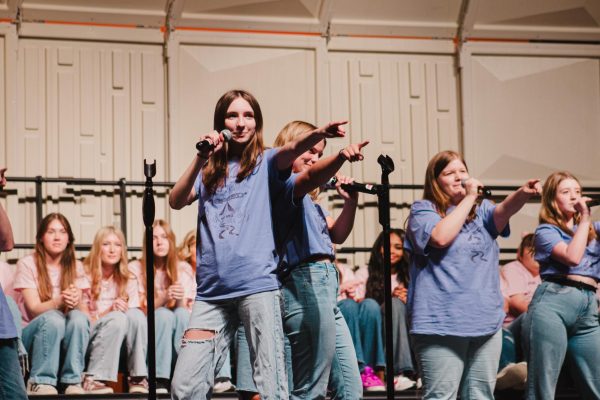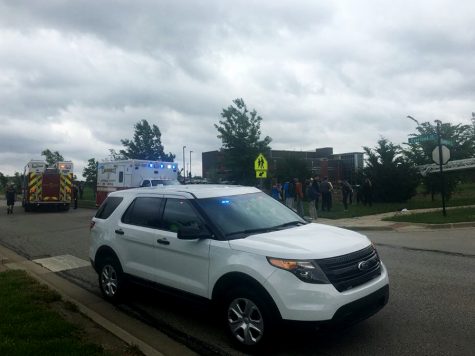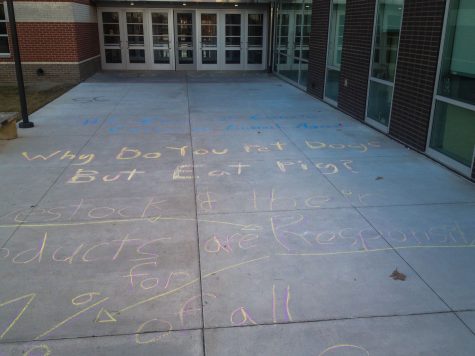Concealed carry on campus raises concern
News of mass shootings has dominated the media for years. According to a news company called NowThis, 280,024 Americans have died due to gun violence in the last decade, and Kansas regents plan to attempt to prevent that number from rising. In July of 2017, Kansas universities are implementing a law allowing people to concealed carry on campus, meaning people will be able to carry firearms without a permit.
Mention of this law being passed has sparked strong opinions from seniors going to Kansas universities in the upcoming years as well as opinions from teachers who spent their college years in the sunflower state.
“The concealed carriage law is asking for trouble,” senior and Kansas State University commit Cole Sidabutar said. “The gun laws make it easy for anyone to get a gun, regardless of their intentions for it, and that’s a problem.”
The Kansas House of Representatives and Senate are both majority pro-gun, and the Kansas governor, Sam Brownback, supports concealed carry as well. This overwhelming pro-gun majority in Kansas leadership means the plan to pass this law is unlikely to change.
Kansas politicians may support the change, but some citizens are not pleased and believe that the right to concealed carry on campus could not only fail to prevent mass shootings but cause suicide and murder rates to increase.
“(Concealed carry on campus) makes me feel a little nervous because our generation tends to go out and party a little bit, which isn’t bad, but if they have guns that could lead to more suicide rates and murders,” senior and Kansas State University commit Brianna Burenheide said. “It doesn’t make me feel very safe to know that there are people on campus who have guns.”
The Second Amendment of the United States Constitution gives people the right to bear arms, but a recurring question has risen: at what point does the safety of human lives overrule the Second Amendment?
“Generally we’ve agreed in the terms of constitutional law that if someone’s life is in danger then their right to live trumps most other laws,” Sidabutar said. “We’ve incorporated that in our thoughts with free speech. You can’t yell the word ‘fire’ in a crowded movie theater. That’s still illegal even though we have free speech, so I think we should apply that same sort of logic to gun control.”
The safety of the people of Kansas always precedes any other reason for changes to the law; however, guns do not necessarily increase the feeling of safety among citizens.
“I forget I have (guns in my house). I don’t even think about them at night. (My family) just kind of has them because we go shoot sometimes. We don’t really do anything with them,” senior and Pittsburg State University commit, Tanner Hockenbury, said.
Students have not only objected to concealed carry on campus, but they have projected their own ideas for increasing safety.
“I would like to see background searches before people obtain a gun and a free class that they would need to take before they ship the gun to them,” Burenheide said.
Agreeing with Burenheide, Sidabutar added, “I think the US needs to make a national gun registry so that we know every single gun that is bought and sold and traded.”
The recurring issue of gun violence strikes not only the hearts of the families of victims, but the hearts of people all over the nation.
“There have been so many (mass shootings),” Burenheide said. “I feel awful for all those people and their families, and the gun laws need to be more restricted so that does not happen.”
Your donation will support the student journalists of Lawrence Free State High School. Your contribution will allow us to purchase equipment and cover our annual website hosting costs.









